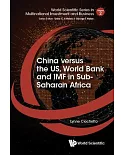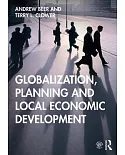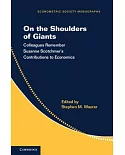What price do states pay for becoming and remaining world powers? Why did the first greatly expanded British Empire collapse so rapidly? Nancy F. Koehn here recounts the urgent challenges that
confronted the British in the ten-year period following their overwhelming victory in the Seven Years War.
Koehn shows that with great power comes great vulnerability; imperial dominance made novel demands on practical policymaking. In 1763 London gained dominion over lands as vast as Canada and
India, as tiny as Tobago and Senegal. As a new colonial power, Britain had to find funds to manage and defend these territories, grapple with an unprecedented national debt, and promote growth
in the newly industrializing economy at home and in trade with partners abroad. By examining the interconnections between economic and imperial politics, the author closes the gap that
separates economic history from political, social, and cultural history.
Koehn analyzes a fascinating range of primary sources, and she includes a series of stories about articulate and occasionally eccentric Britons who found themselves taking part in what they
knew to be a crucial chapter in their empire’s history. Her assessment of how eighteenth-century Britain managed the economic and political challenges of international supremacy has important
implications for understanding the imperial trajectories of later world powers, including the United States, Russia, and Japan in the twentieth century.





















